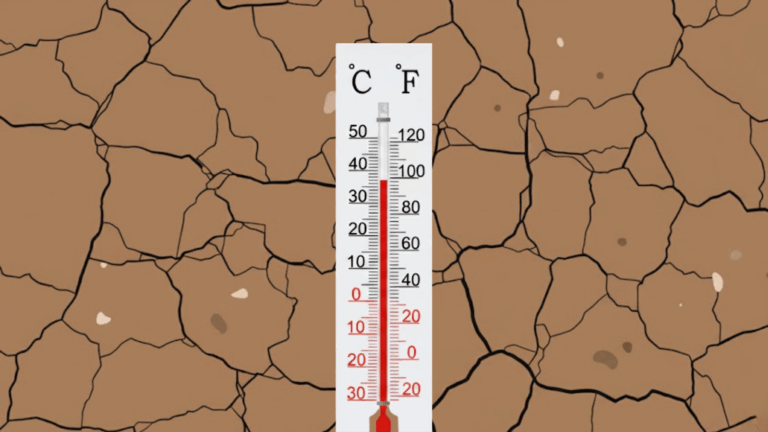This website uses cookies as well as similar tools and technologies to understand visitors’ experiences. By continuing to use this website, you consent to Columbia University’s usage of cookies and similar technologies, in accordance with the Columbia University Website Cookie Notice.
John Larsen
Director at Rhodium Group

Biography
Relevant Articles
Comparing a Clean Electricity Standard and a Carbon Tax
As the United States commits to accelerating decarbonization as part of global efforts to combat climate change, the policies it enacts will govern its chances of success.

Output-Based Rebates: An Alternative to Border Carbon Adjustments for Preserving US Competitiveness
Two linked and frequently raised concerns about putting a price on carbon dioxide emissions in the United States are whether such a tax would unintentionally advantage foreign competitors and, as a result, lead to increased emissions outside American borders.

Expanding the Reach of a Carbon Tax: Emissions Impacts of Pricing Combined with Additional Climate Actions
Putting a price on carbon dioxide (CO2) emissions can help governments reduce them rapidly and in a cost-effective manner.

An Assessment of the Energy Innovation and Carbon Dividend Act
Growing public concern about the social, economic, and environmental impacts of climate change, along with pressure for lawmakers to introduce policy proposals that reduce emissions, have brought carbon taxes to the center of policy discussions on Capitol Hill. Thus far in 2019, seven different carbon tax legislative proposals have been introduced in Congress.

Emissions, Energy, and Economic Implications of the Curbelo Carbon Tax Proposal
In July 2018 Representative Carlos Curbelo proposed legislation that would put a price on US carbon dioxide emissions (“Curbelo proposal”).

Energy and Environmental Implications of a Carbon Tax in the United States
A price on carbon dioxide (CO2) and other greenhouse gas (GHG) emissions has long been a preferred instrument among economists and other academics for addressing the threat of climate change.

US Carbon Tax Design: Options and Implications
While there seem to be no immediate prospects for a national carbon tax in the US, there is growing interest among some policymakers and thought leaders across the political spectrum.



